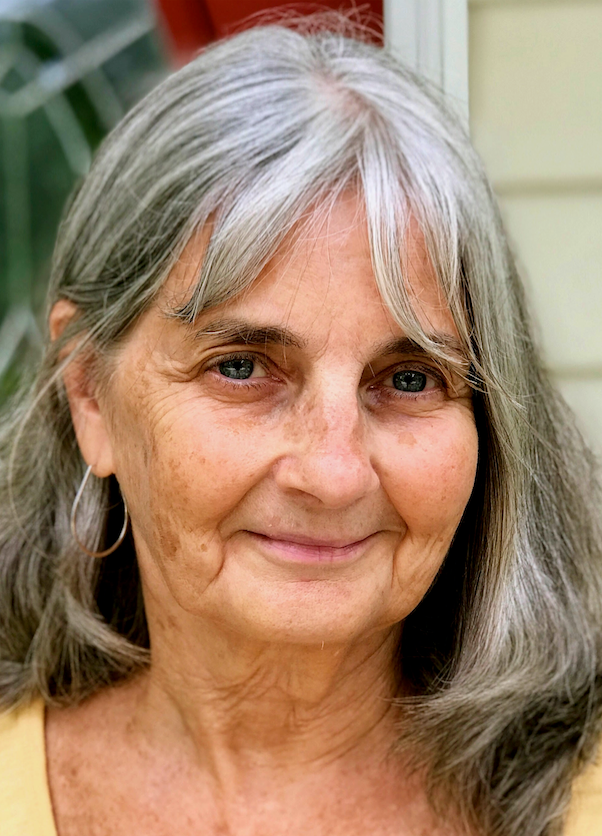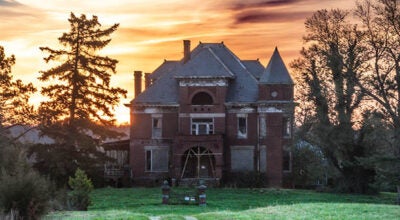Key ACP permit vacated
Published 6:00 pm Thursday, January 9, 2020
A vital permit for advancement of the Atlantic Coast Pipeline was vacated by the U.S. Fourth Circuit Court of Appeals on Tuesday, Jan. 7.
The permit, originally awarded by the Virginia Air Pollution Control Board (VAPCB), granted permission for construction of a compressor station to support the transmission of natural gas through ACP’s proposed 600-mile pipeline, projected to stretch from West Virginia to North Carolina. The pipeline, if constructed, is expected to cross through counties including Buckingham, Cumberland and Prince Edward.
The permit was petitioned by activist groups, Friends of Buckingham and the Chesapeake Bay Foundation, Inc. The Fourth Circuit Court of Appeals, in agreement with these petitioners, vacated the permit after deciding that the board erred in failing to consider electric turbines as zero-emission alternatives to gas-fired turbines at the compressor station, as well as erring in assessing the compressor station’s potential for disproportionate negative health impacts on the predominantly African American community of Union Hill where the station is anticipated to be located.
“It’s been a busy and victorious day,” said Friends of Buckingham President Chad Oba shortly after the announcement of the court’s ruling Tuesday afternoon. “Friends of Buckingham was the lead petitioner in the Buckingham Air Permit case represented by Southern Environmental Law Center together with the Chesapeake Bay Foundation. This was a win for a committed group of people intent on protecting their community. Every effort of this five-year struggle counted, and in the end it was a win for our democracy as well as Friends of Buckingham and the community of Union Hill. The people were heard, our human rights were upheld and justice was served. We are deeply grateful.”
VAPCB, with the help of ACP, will have to review and fix the identified issues with the permit.
The Fourth Circuit Court of Appeals threw out another key ACP permit Dec. 2018, essentially putting a stop to pipeline construction. The U.S. Supreme Court agreed Oct. 4, 2019, to review that decision after it was appealed by ACP. The pipeline was set to make its case in front of the Supreme Court early this year and hoped to hear a final ruling by June.
“The Buckingham permit unanimously approved by the State Air Control Board is the strictest air permit of any compressor station in the country, with protections far exceeding federal guidelines for vulnerable populations,” said Aaron Ruby, spokesperson of ACP’s largest backer, Dominion Energy. “As a result, the Buckingham compressor station will have significantly fewer emissions than any other facility of its kind. In a study conducted last year, the Virginia Department of Health concluded that the facility will not pose any health risks to nearby residents. As a reminder, the compressor station’s special use permit was unanimously approved by the Buckingham Board of Supervisors after extensive public participation and review.”
When the Supreme Court agreed in October 2019 to review the Fourth Circuit Court of Appeals’ original ruling, ACP representatives stated in a press release that they were hopeful that a resolution by the Supreme Court in favor of the pipeline would allow full construction to resume this summer, with a project completion date of late 2021. According to Ruby, Dominion Energy does not anticipate the latest permit vacation to alter this timeline.
“In its opinion today, the Court recognized the stringency of the permit, while requiring more explanation and analysis from the state to support its approval,” Ruby stated Tuesday. “We will immediately begin working with the state to resolve the procedural issues identified by the Court and are confident this can be completed in a timely manner. We expect the project will still deliver significant volumes to customers under our existing timeline, even as we work to resolve this permit.”
He continued, “The Atlantic Coast Pipeline is needed now more than ever for our economy and to accelerate our path to a low-carbon future. New infrastructure will solve the chronic shortages of natural gas in Hampton Roads and eastern North Carolina and allow these communities to revitalize their manufacturing economy. It will also provide the reliable natural gas we need to support the rapid expansion of renewables across Virginia and North Carolina. This project is all about growing the economy and moving toward clean energy, and we remain totally committed to its completion.”
News of the Fourth Circuit Court of Appeals’ latest ruling has been celebrated by several local organizations attempting to halt pipeline construction.
“We believe the Fourth Circuit’s decision vindicates the voices of the Union Hill community,” said Sharon Ponton.
Ponton, coordinator of Stop the Pipelines and community organizer for Blue Ridge Environmental Defense League (BREDL) Buckingham Chapter Concern for the New Generation, collaborated with Union Hill residents and other BREDL members last October to publish a report on the history of slavery in Virginia and the effects of the proposed compressor station on the Union Hill community. The report was titled “Union Hill: Real Property, Racism and Environmental Justice.”
“Residents and their allies have repeatedly said and proven, throughout the permitting process, that Union Hill was an environmental justice community,” said Ponton. “The County’s Planning Commission, the Board of Supervisors, the Virginia DEQ (Department of Environmental Quality), and both the State Water Control and Air Control Boards, the governor, as well as the Federal Energy Regulatory Commission (FERC) attempted to erase this historic African American community. The Fourth Circuit’s decision lays those failures bare.”
She continued, “The decision also upholds our belief that Dominion’s money, whether to be paid in taxes to the county or as a “veiled effort” with its $5.1 million to buy off the community, is not more important than the health and lives of the citizens of Union Hill. We are very thankful the community’s voices have been uplifted and heard by the court.”






